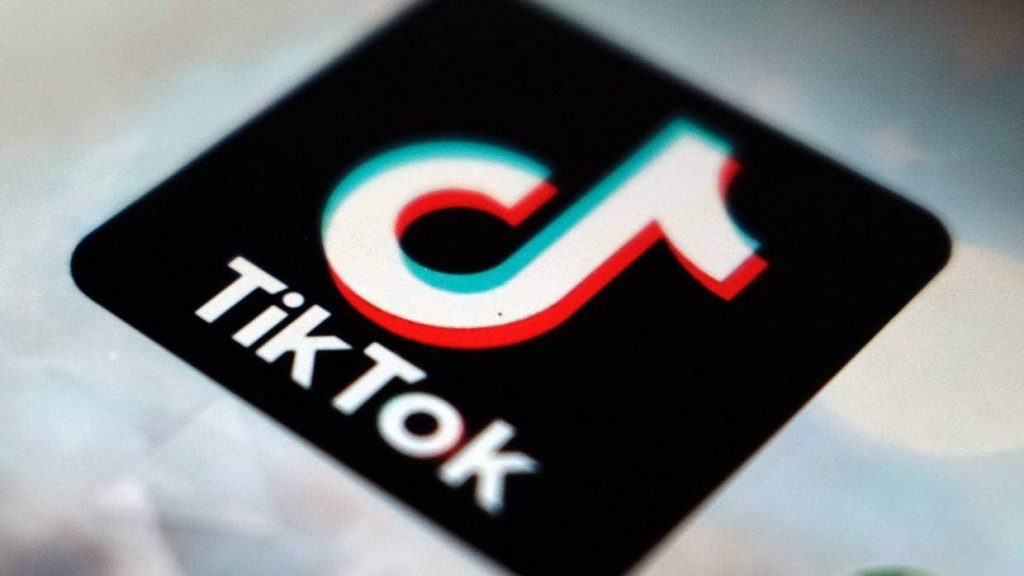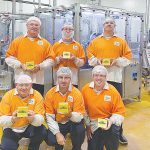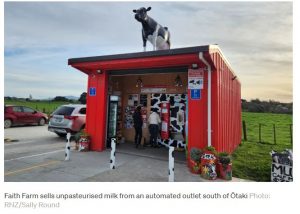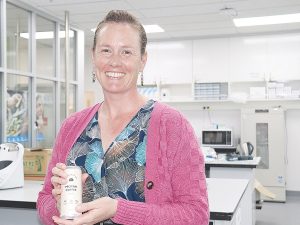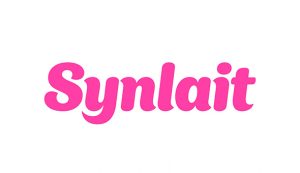
New Zealand’s largest dairy company, Fonterra, has used TikTok to sell more butter in South East Asia as cooking on the platform gained popularity during the pandemic.
TikTok is hugely popular in South East Asia, with about 300 million downloads of the app amongst the region’s 680 million population. Companies used the platform as a creative way to reach consumers during Covid-19 lockdowns at a minimal cost.
In the Philippines, Fonterra launched an #AnchorButterDaysAhead challenge, inviting TikTokers to use the company’s Anchor butter in a wide range of dishes beyond special occasions like Christmas or Ramadan, to showcase its versatility, create content around their cooking experience and tag friends to win prizes.
Fonterra’s digital and media director for Southeast Asia, Kartika Guerrero, said the campaign appealed to the Filipino culture of positivity even during tough times, using influential cooking enthusiasts with a large number of followers.
In just three days, the campaign garnered 20.8 million video views, and has since grown to more than 40 million views, with Anchor butter achieving a 95% uplift in brand awareness on TikTok and an 11% increase in sales.
In Malaysia, Fonterra’s #smoothlikeanchorbutter TikTok campaign played on the Smooth Like Butter hit single of Korean boy band BTS.
Guerrero said working with BTS would have been very expensive, so Fonterra worked with influencers who shared content of them cooking with Anchor butter to the background of the Smooth Like Butter song, to inspire people to use more butter in their dishes.
Sales in Malaysia shot up 7% even after the festive season when butter consumption normally drops off.
@ellyazarif New activity at home with Anchor Butter. #Churros #DairyliciousMY #AnchorDairyMalaysia #SmoothLikeAnchorButterChallenge
She said TikTok was a good platform for driving awareness and discovery, and its use accelerated during the pandemic when it was “our window to the world” with short, crisp entertaining content.
TikTok tended to feature more raw, authentic content compared with Instagram’s curated, aspirational posts.
Guerrero said a lot of food trends emerged on TikTok, including banana bread, dalgona coffee and feta tomato pasta. Other trends evolved, for example from cheeseboards to butter boards.
Fonterra saw the opportunity to ride the food trend with content that could be shared across social media, she said.
Content was created by the influencers who knew their audience and the best way of communicating with them rather than by Fonterra, she said.
The company is in talks with TikTok about potential future campaigns which could involve its Anmum infant formula.
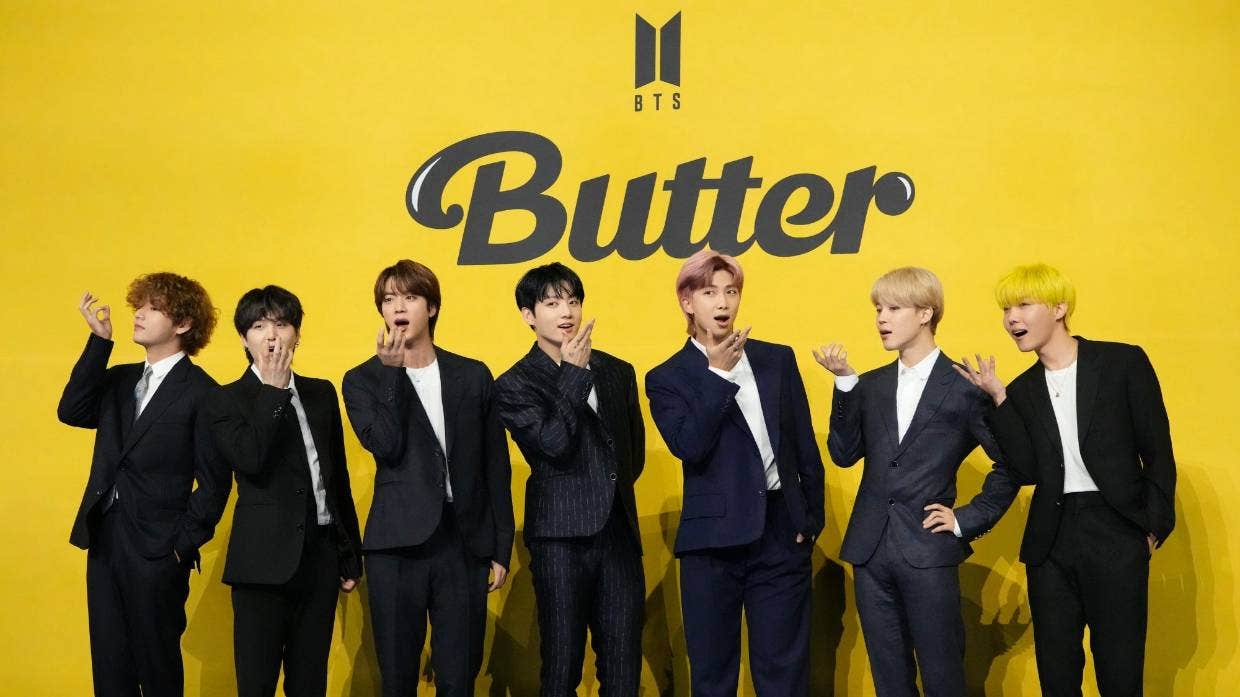
Fonterra saw a TikTok opportunity with South Korean K-pop band’s hit single “Butter”. (File photo)
Another Kiwi business using TikTok to drive sales is the a2 Milk Company, whose A2 protein milk is claimed to be easier to digest for Asian people.
In a note last month, Craigs Investment Partners analyst Stephen Ridgewell said he was encouraged that a2 Milk’s infant formula, which has been more successful in larger Chinese cities, was now gaining traction in smaller, less affluent cities thanks to its successful TikTok branding efforts.
Consumers in the smaller cities were less affluent so more sensitive to a2 Milk’s premium price and were also more difficult to reach in a cost-effective way, Ridgewell said.
A2 Milk’s breakthrough appeared to be driven by its increasingly successful branding efforts on TikTok where it was now the #1 English label infant formula brand, he said.
Florence Lu, a2 Milk’s vice president of marketing in Greater China, said the company has been using Douyin, China’s version of TikTok, to drive awareness of its brands, educate consumers about the advantages of its products and drive sales via the a2 Douyin official online store.
A2 Milk has placed digital advertisements to target audiences more precisely, and used interactive campaigns and live-streaming of celebrities and key opinion leaders, she said.
Celebrities used in the company’s campaigns include Olympic women’s volleyball champion and new mother Rachel Hui, Olympic Taekwondo champion Wu Jingyu, and actress and member of the famous girl band Twins, Charlene Choi.
Lu said many celebrities in China recommend and sell products through live-streaming on Douyin.
The company also works with opinion leaders on Douyin like Liu Genghong, an actor who has become one of the hottest celebrities on Douyin for his online fitness videos.
“To stay closely attuned with the new generation of consumers, The a2 Milk Company attaches great importance to digital marketing,” Lu said.
The company was primarily targeting mums, young families and pregnant women, with positive word of mouth sharing across the digital platforms, she said.
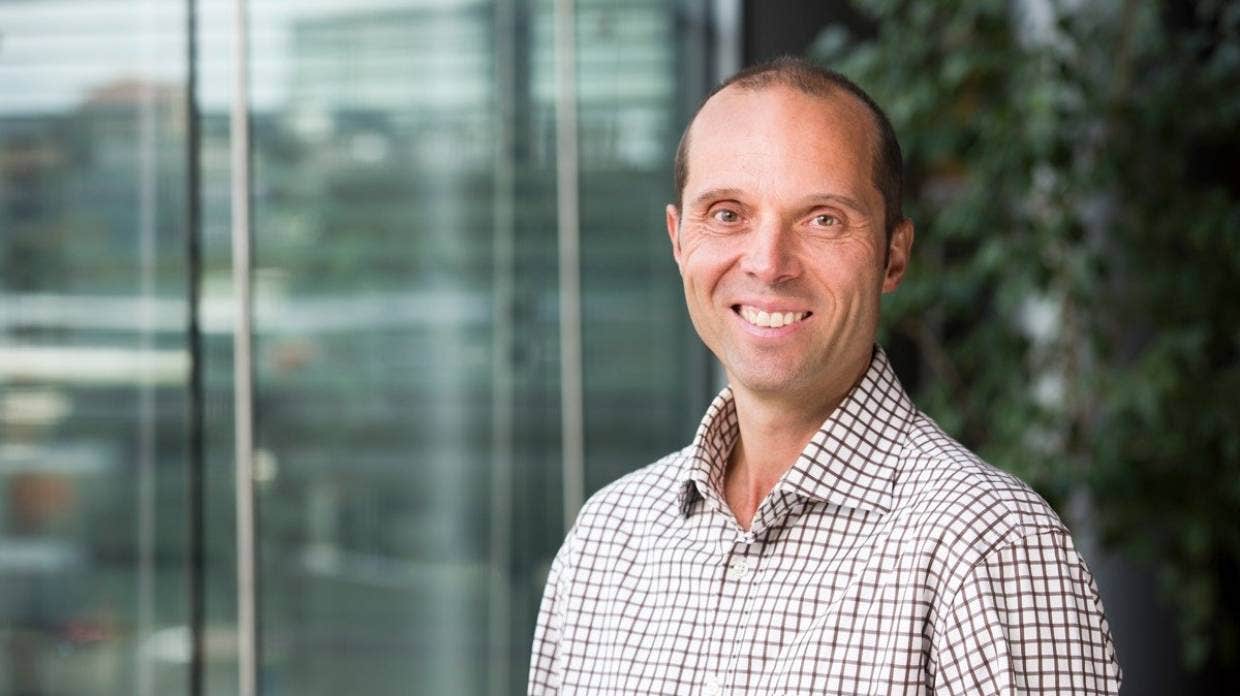
Bodo Lang of Auckland University says TikTok is a massive platform which can help brands reach a unique consumer segment.
Auckland University associate professor of marketing Bodo Lang said TikTok was a big platform in Asia which gave an advertiser or marketer access to a unique segment of the market.
“Getting in front of those eyeballs is really, really valuable because the platform is massive, it’s growing really quickly and it has this quite unique audience,” he said. “If you want to get in front of certain types of people, certain consumer segments, then that’s a fantastic channel to use.”
Lang said it also gave a brand “a cool new-age sort of tint” because they were using a channel that was relatively new and had a very young demographic.
“It changes the reputation or the image of the brand that people have in their mind, about their brand. It’s kind of a sexy thing to do,” he said.
Lang said it was important for companies to target their marketing to appeal to the TikTok audience.
“If they just put a normal 30-second television commercial onto TikTok, that’s going to flop really badly and there could be backlash,” he said.
“If it’s successful, it can really go super well, and it just goes viral because it resonates so well with people. But if it’s not well targeted, if it’s just misjudging who the audience is or what the audience feels or thinks about the brand, then it can go terribly wrong as well.”
He said the dairy companies seemed to have done their homework, and used pop icons to tap into the zeitgeist that was happening in those markets.
“There’s lots of research that shows that the more relevant advertising is to people, the more they respond to it,” he said.
Lang said he was initially surprised to hear infant formula was being marketed on TikTok, but noted some people had children in their early 20s and teenagers who saw the videos may also influence their families and friends about their buying choices.
“Consumers don’t make choices in a social vacuum. If they’re not users or potential users themselves, they are certainly peer influences,” he said.
“If you take a slightly longer term perspective, those consumers are really valuable because they are the future decision makers in households. So I think targeting them early on is really clever, and makes a lot of sense.”
